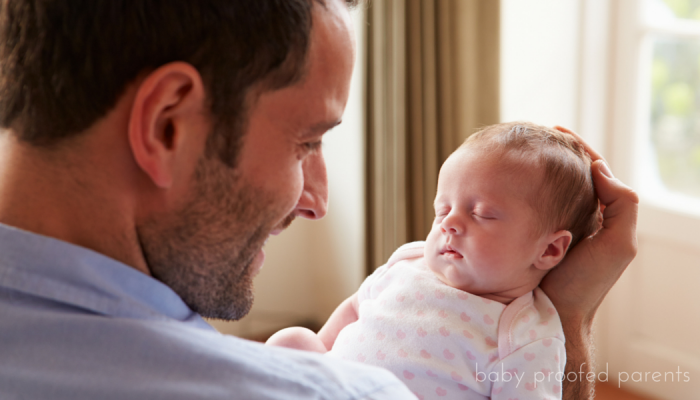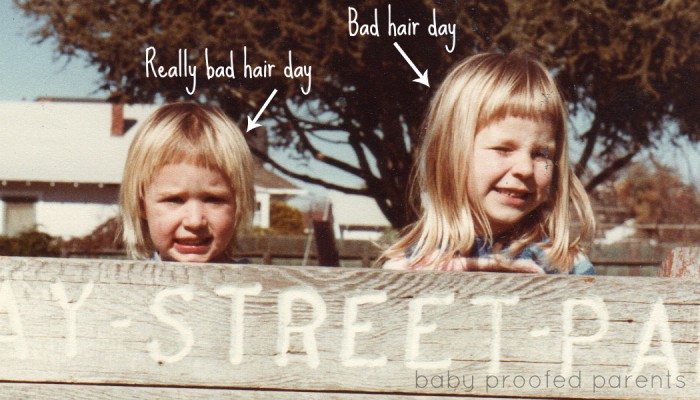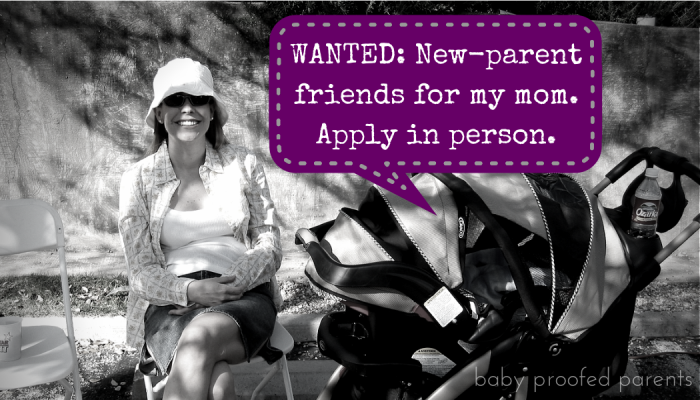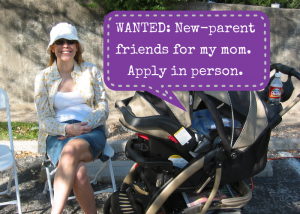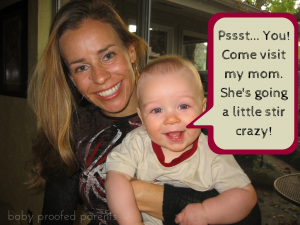When you have a new baby, you realize a few things: Every birth story is unique. Every newborn has his/her own little personality and individual needs. Each couple goes about the task of parenting in their own customized way. In spite of all of these differences, there are seven truths that almost all new parents will encounter. We list them out here and give you suggestions for dealing with them:
1. You’ll be sleep-deprived for a period of time. Newborns have to eat throughout the night. Sleep patterns don’t get established for several months. Your normal sleep patterns will be disturbed. Suggestions: Take naps and sleep when you can. Take turns getting up with the baby. Remind yourself that things will improve.
2. You will have to work as a team more than ever. A new baby is a two-person job. While one person changes a diaper, the other one can make coffee. While one rests, the other can hold the newborn. Suggestions: View your new infant as a team project. You two can take on this challenge together and you will be stronger as a couple as a result. If you are a single parent, surround yourself with supportive helpers who can give you breaks when needed.
3. There will be a learning curve. Both you and your baby have to figure out how things are going to work. Things won’t go perfectly at first… and every time you get something sorted out, everything will change. Suggestions: Be patient with yourself, your partner and your baby. Don’t expect things to run completely smoothly right off the bat.
4. You and your partner will feel closer than ever at times and more distant than ever at times. Seeing your partner care for an infant is a beautiful thing, and you might find yourself feeling more attracted than ever. On the other hand, a newborn requires a lot of attention, which takes time away from connecting with each other. Suggestions: Connect with each other when you can. A hug. A cuddle on the couch. Remind yourself and your partner that this is all temporary!
5. There will be emotional ups and downs. Hormones, sleep-deprivation, frustration and anxiety can make both parents (but especially mom) feel emotional. This is normal and will get better with time. Suggestions: Let the feelings flow and offer each other comfort and understanding. If feelings of depression or anxiety seem insurmountable, talk to your doctor or a counselor.
6. Your parenting will be influenced by the parenting you received. Your parents were your first role model. Sometimes this creates anxiety if your childhood was less than perfect or if your relationship is strained with your parents. Other times, you might feel confidence and optimism – perhaps you have super fond memories of your childhood. Know that your feelings about parenting, negative or positive, were influenced by your childhood, but that you can mold yourself into the parent you want to be. Suggestions: Decide how you want to do things differently and how you want to do things exactly the same.
7. Things will get easier. They will. As the months and years pass by, you will have more time to yourself and more time with each other. And you will appreciate it more than ever. You will also feel more confident as a parent. Give yourself a high five for becoming a parent! You can do this.
Here’s to Sanity and The Universe,
Kirsten
